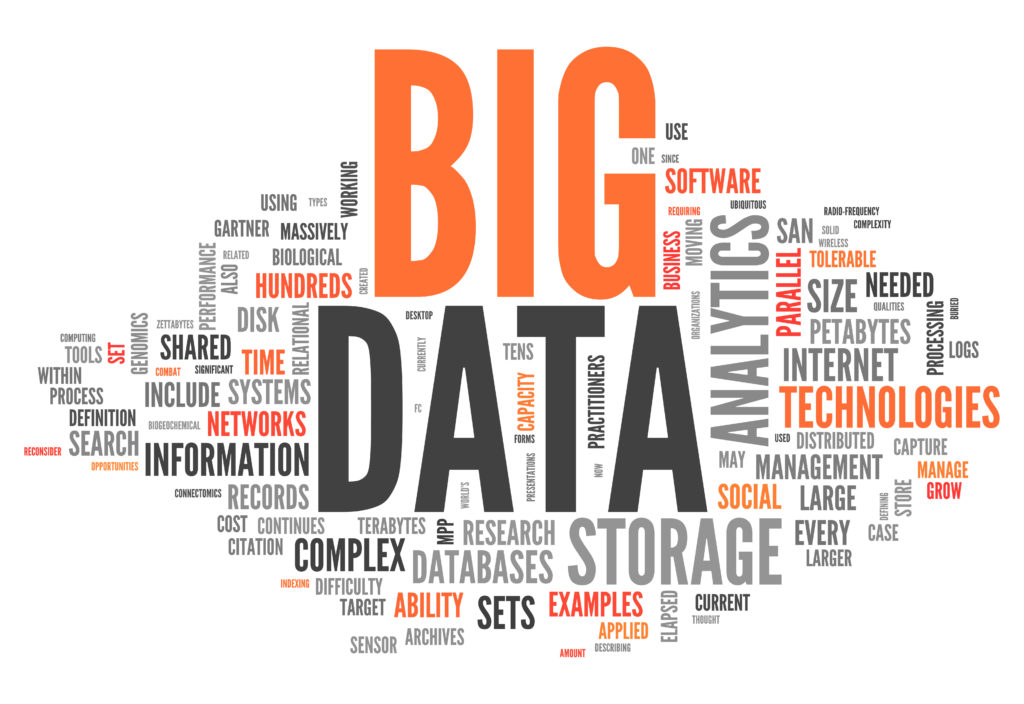 The origin of Big Data
The origin of Big Data
The term “Big Data” emerged when was clear that to process growing volume of data with the hardware available was very hard. The Big Data term comprised more than just the volume of data: It mapped an entire ecosystem. Initially, the Big Data ecosystem was described with three Vs: Volume, Variety, and Velocity but this concept was expanded to four Vs, then five Vs, then seven Vs, and finally ten Vs:
1) Volume
2) Velocity
3) Variety
4) Veracity
5) Value
6) Validity
7) Variability
8) Venue
9) Vocabulary
10) Vagueness
What actually is Big Data?
Today, does the term “Big Data” still actually makes sense or if the concept dead? I think now is the time to reconsider the term “Big Data” and its variants starting from bottom to top and to throw away the various definition connected (small data, fast data, big data) because their definitions have become unclear and unnecessary . From here emerges the crucial question: What is the essential core of Big Data and what part of it is relevant?
From the beginning Big Data was about selecting relevant data for the specific application case and the evaluation of it with corresponding methods and it was not only about the largest quantities of data possible. Today in many cases, companies have access to a large data volumes (stored somewhere in house or in cloud) because they hope to obtain strategic advantages studying this amount of masses not related. In order to change data from caos to valuable information, companies also require a specific mindset, which concerns the entire corporate culture.
Data is data or not?

Data is just data or not? Data is data, regardless of structure or quantity. The critical success factors for the use of data don’t depend on its quantity or structure but on how using data can create true added value. Digital business and technologies are the perfect field to apply it.
Data is data, regardless of structure, speed or quantity
So, what do you think about it? Couldn’t possibly have been GDPR that killed it? Take 5 minutes thinking just to understand if it is about data (perhaps about data, the meta-data that describes it, the meta-meta-data that we can derive from it and then the insights) or something different and how the companies can (and must) create added value from data?
Let me know.

